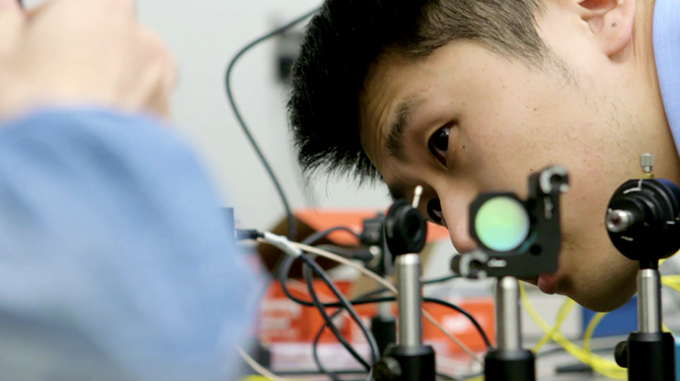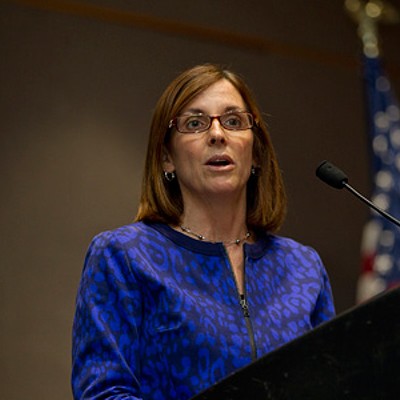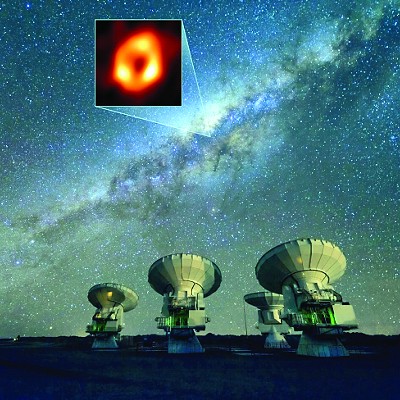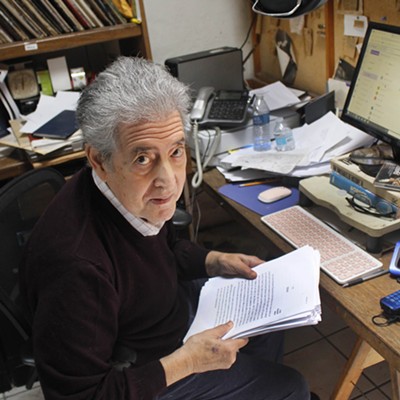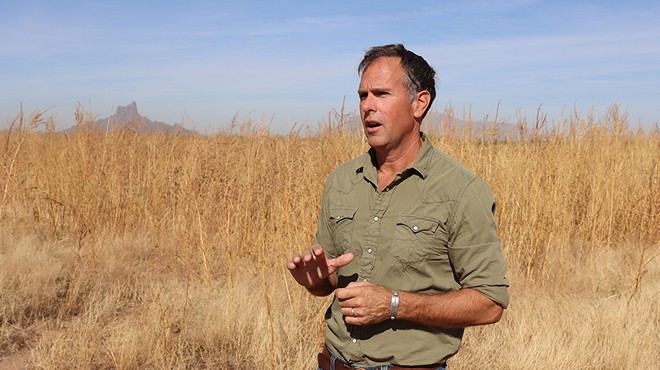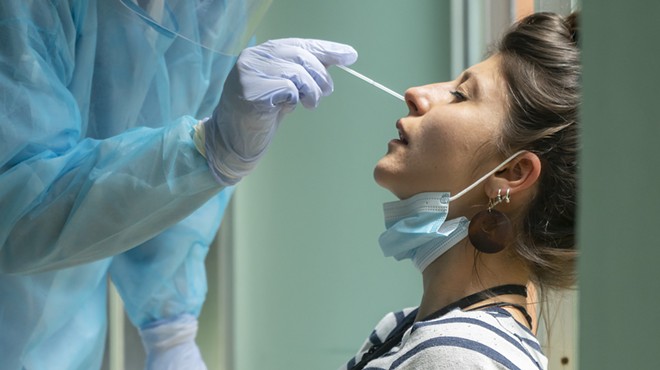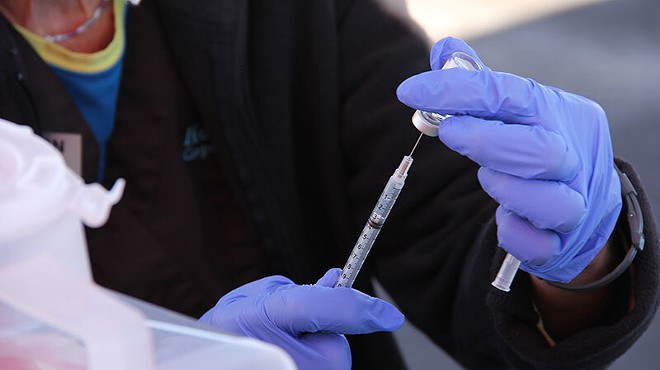Tuesday, August 4, 2020
UA Selected to Lead Center for Quantum Networks
The National Science Foundation recently awarded the University of Arizona a $26 million grant to establish and lead the Center for Quantum Networks. CQN will be an engineering research center of the National Science Foundation and aims to lay the foundations of the quantum internet by “creating a fabric to connect quantum computers, data centers and gadgets” with qubits (or quantum bits).
Whereas typical computer bits operate on a binary system – being either a 0 or a 1 – qubits are able to enter a superposition of both values at the same time, similar to a coin spinning rather than landing on heads or tails. This ability makes quantum computers far more powerful, and is expected to “revolutionize how humankind computes, communicates and senses the world.”
"The transformation of today's internet through quantum technology will spur entirely new tech industries and create an innovation ecosystem of quantum devices and components, service providers, and applications. The potential impact of CQN is so immense, it is almost incalculable," Guha says.
CQN also aims to demonstrate the first U.S.-based quantum network that can distribute quantum information at high speeds, over long distances, to multiple user groups. CQN partners include Harvard University, the Massachusetts Institute of Technology, and Yale University.
|
"As one of the key goals of CQN, we will be creating a versatile Quantum Network Testbed and making it available as a national resource to validate system performance and boost innovation by the scientific and industrial communities alike," says Zheshen Zhang, CQN Testbed co-lead and assistant professor of materials science and engineering. |


